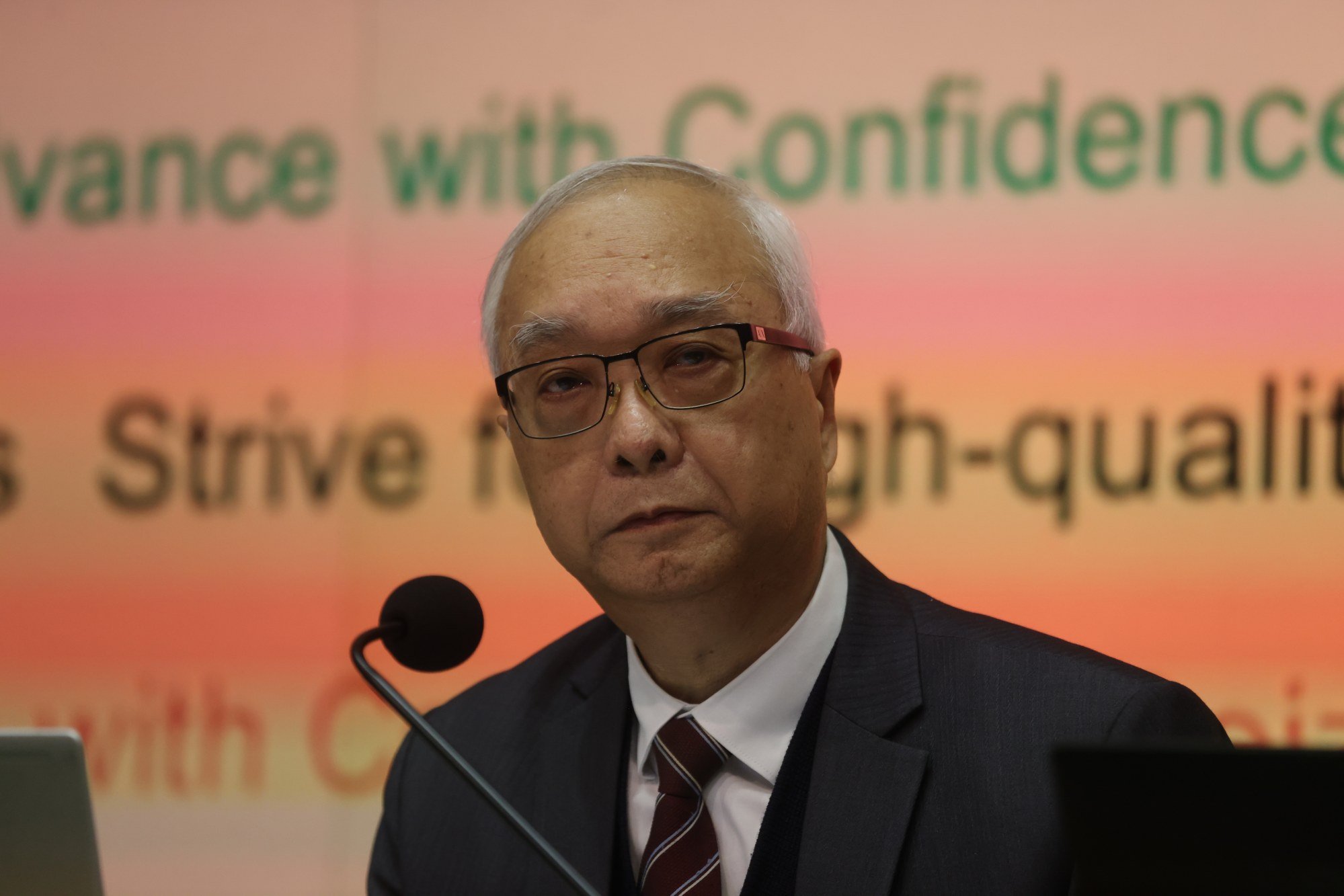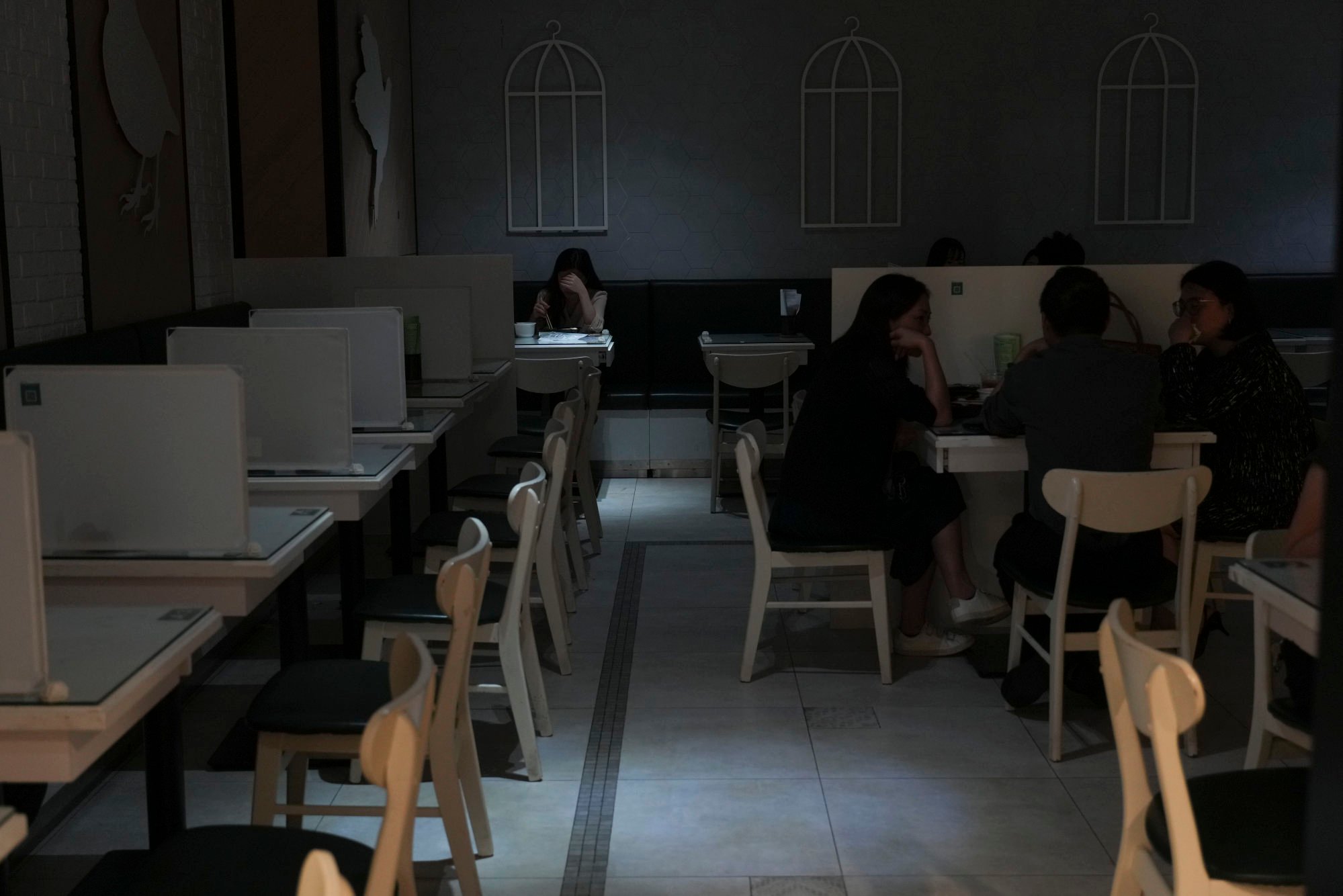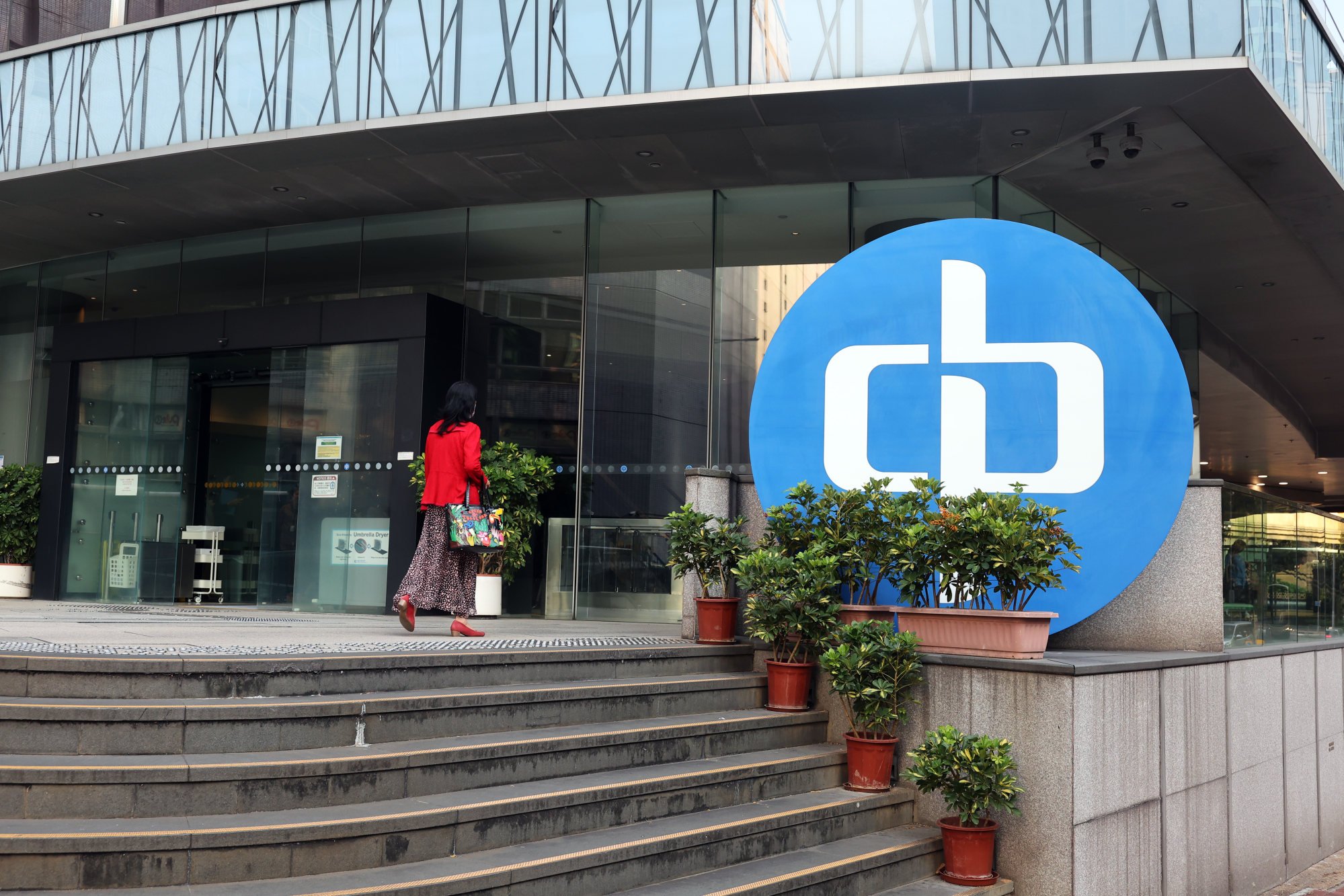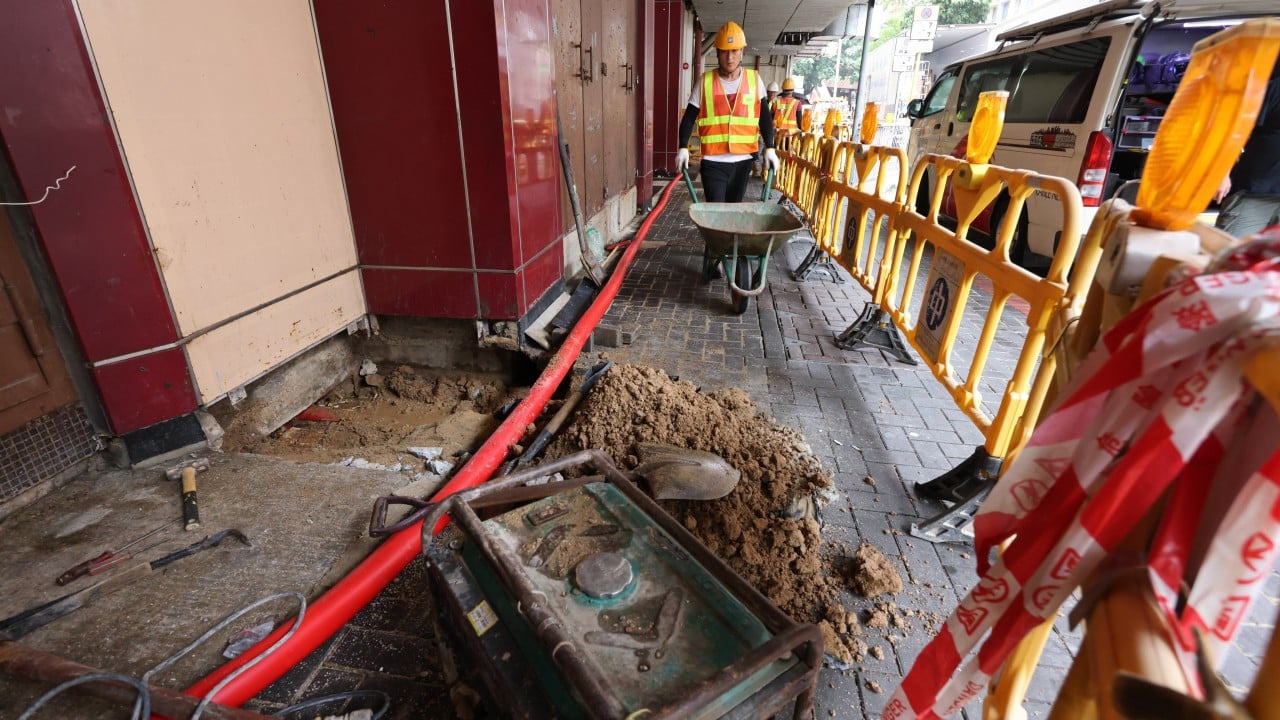It is less than a month since the Hong Kong government said it was “very concerned” about five incidents of major interruptions to the electricity supply on the grid operated by CLP Power in the first four months of the year.
The latest CLP outage – last Wednesday – left 2,250 households in Wong Tai Sin without power for more than four hours with some residents and businesses only getting power restored after midnight. As a result, the government updated its statement to “deep concern”. Secretary for Environment and Ecology Tse Chin-wan promptly met CLP Power officials in an attempt to hold the company accountable for the repeated power cuts.
Parts of Tsing Yi lost power twice in one week in January, and a falling overhead electrical cable caused blackouts in Yuen Long in March. There were voltage dips in late March and early April, with the one on April 6 leaving more than 150 people trapped in lifts.
Apologies for these repeated failures will not cut it. Whatever the cause, power outages endanger people’s lives, especially in a city of high-rise buildings. Hongkongers do not get a choice which power company they use. CLP Power provides electricity to Kowloon, the New Territories and most outlying islands, while HK Electric serves Hong Kong and Lamma islands.
Tse is right not to treat the latest incident as an isolated event. Among the demands the government made of CLP Power was a detailed report on Wednesday’s outage within four weeks and a review of all voltage dips and outages over the past three years. Tse also called for the company to list the causes of the disruptions, improvement measures, the status of implementing the steps and their expected effectiveness.

In addition, the Electrical and Mechanical Services Department will establish a task force with CLP Power to complete safety reviews and submit another report within 12 months. This is the clearest indication yet of the government’s dissatisfaction with CLP Power, having already proposed extra penalty charges for major interruptions to the electricity supply before the Wong Tai Sin incident.
Now the government is stepping in to get a better grasp of what is happening inside CLP Power. In addition to reviewing the safety design of the company’s power supply system, it is clear the government also has concerns about CLP Power’s internal culture.
The administration has a responsibility to ensure electricity demands are met safely, reliably, efficiently and at a reasonable cost while minimising the environmental impact of power generation. These issues are covered in the Scheme of Control Agreements (SCAs) signed between the government and the two power companies.
The SCAs have been used to regulate the power companies since 1964. Updates have been made to ensure the government can effectively monitor the companies with clearly set obligations. In return, the companies are allowed to charge tariffs to recover operating costs and make long-term investments.

The SCAs have done their job. It must be said that, despite the increases in electricity bills, Hongkongers do enjoy relatively low rates compared to other major cities. However, price is not, and should not be, the only concern.
The public has a right to know whether the power companies they are forced to use are up to par in terms of safety and efficiency. With the need for more sustainable energy sources, people also have the right to know whether these companies are meeting the requirements set out by the government and whether they are in line with government environmental and energy policies.
As a result, the move to monitor CLP Power’s operations brings with it a need for an open debate on whether the SCAs are adequate in regulating utility companies.

Hong Kong does not have a public utilities commission that would oversee the work and operations of power companies. There have been suggestions that the city should set up a separate and independent regulatory agency which would administer public hearings and develop and enforce rules and regulations.
The interruptions to the power supply gravely affect people’s daily lives and arouse concern over the reliability of Hong Kong’s electricity supply. For these reasons, power companies’ processes must be more transparent. While the government waits for CLP Power’s reports, it must also study whether the time has come to set up an independent commission to undertake the work of an effective regulator.
Alice Wu is a political consultant and a former associate director of the Asia Pacific Media Network at UCLA


